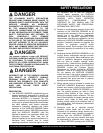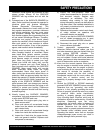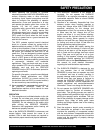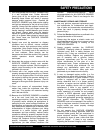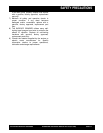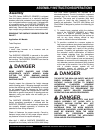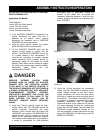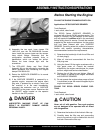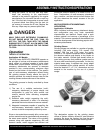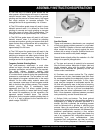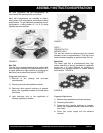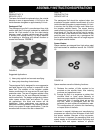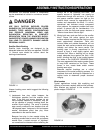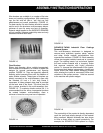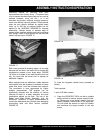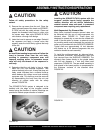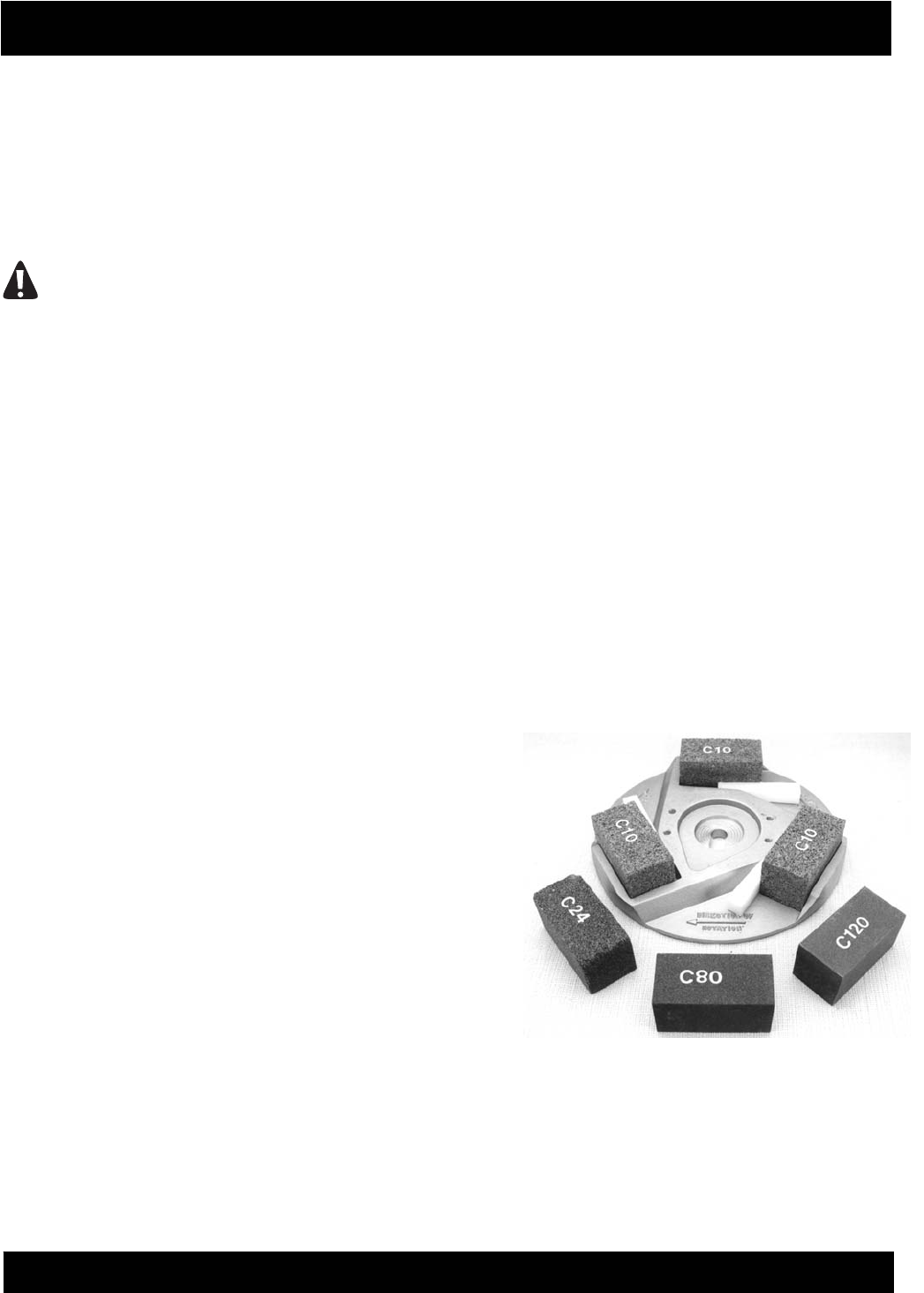
DFG-SERIES SURFACE GRINDERS OPERATION AND PARTS MANUAL REV #3 (07/13/06) PAGE 18
ASSEMBLY INSTRUCTIONS/OPERATIONS
3) Using the funnel, fill the fuel tank with fresh,
clean fuel according to the specifications
outlined in the material supplied by the engine
manufacturer. Do not overfill the tank or spill any
fuel. If the fuel tank incorporates a screen mesh
to prevent debris from falling into the tank, do
not remove to increase the fill rate. Replace the
filler cap. Wipe away any excess spilled fuel.
DANGER
MANY FUELS ARE EXTREMELY FLAMMABLE.
DO NOT SMOKE NEAR THE FUEL TANK. DO
NOT FILL THE FUEL TANK WITH THE ENGINE
RUNNING OR IF IT IS HOT. ALLOW AMPLE TIME
BETWEEN EACH REFUELING FOR THE ENGINE
TO COOL.
Operation
THEORY OF OPERATION.
Application: All Models.
The DFG Series SURFACE GRINDERS operate on
the principle of various multi-accessory attachments
being utilized at rotational speeds to make direct
contact with a work surface. Various types of multi-
accessory attachments are secured to recesses
provided in two, counter-rotating, aluminum discs
located on the bottom of the machine. The specific
type of multi-accessory attachment utilized during
the grinding process directly affects the type of
material removed, the material removal rate and the
resulting flatness and smoothness of the surface.
The grinding process is directly controlled by these
conditions:
1) The use of a suitable mechanism (multi-
accessory attachment) of proper design and
configuration to grind the work surface and
remove material while delivering acceptable
service life.
2) Sufficient static weight supporting the multi-
accessory attachment to allow it to effectively
penetrate the work surface and remove material.
3) Adequate horsepower capable of propelling the
multi-accessory attachment against the work
surface to deliver acceptable productivity rates.
Since no two materials are exactly alike, no two work
surface materials can be penetrated and removed by
the exact same method. The nature of the grinding
process, along with operator experience, skill and
common sense, would suggest that efficient and
productive material removal is a matter of trial and
error. Combinations of multi-accessory attachment
type, condition, and feed rate are direct factors that
will also determine the overall success of the job
application.
MULTI-ACCESSORY ATTACHMENTS AND
APPLICATIONS.
Application: All Models
While individual multi-accessory attachment design
and configuration may vary, basic operational
characteristics are identical: impact upon a work
surface material and remove a percentage of the
material. This common operational characteristic has
led to the development of the following popular multi-
accessory attachments:
Grinding Stones
Grinding stones are available in a number of grades,
including: C06 extra coarse, C10 coarse, C24
medium, C80 fine and C120 super fine grade.
FIGURE 4. All stones incorporate silicon carbide as
the abrasive medium and employ a clay binder as
the matrix material. Vitrified type stones utilize an
oven baking process that produces greater service
life over other manufacturing processes. As the clay
material wears away, it exposes new, sharp, edges
of the imbedded silicon carbide material. All stones
have the identical 2" x 2" X 4" dimensions and are
secured to the machine by the use of a plastic
wedge.
FIGURE 4
The designation system for the grinding stones
utilizes a system similarly utilized for most abrasive
products: the larger the number, the finer the grain
structure and usually, the smoother resulting finish.



